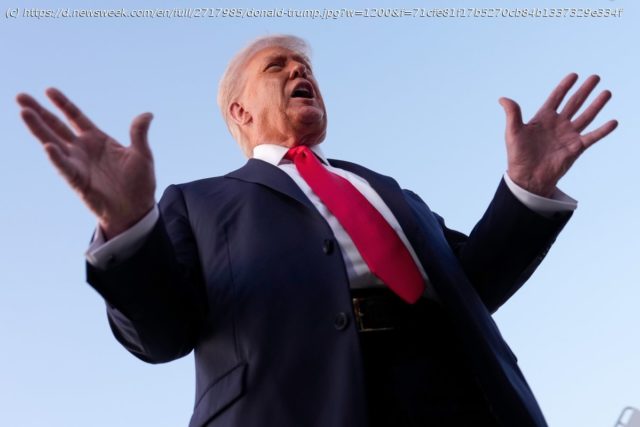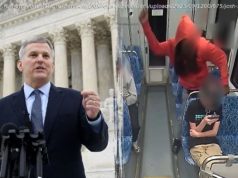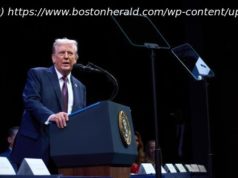Across every domain, the Trump presidency has dismantled principles Republicans once revered.
The U.S. Supreme Court is about to face a question of global importance: Whether to accept Donald Trump’s claim that the United States‘ trade deficit constitutes an „emergency“ across nearly every industry. That claim, believe it or not, is the justification for Trump’s „Liberation Day“ tariffs—sweeping levies imposed on almost every U.S. trading partner, justified under a law that permits presidents to act only in the face of an „unusual and extraordinary“ threat.
An appeals court has already rejected Trump’s claim, calling most of the tariffs illegal. But the final decision will rest with a Supreme Court that has in recent years gone further than any in modern memory in authorizing an authoritarian presidency. Previously, it granted Trump almost unlimited personal immunity. Now the question is whether it will bless his far more audacious fiction—that a trade imbalance justifies the executive seizure of Congress‘ core power to set tariffs.
That would amount to a declaration that there are no limits left—that a president can invent an emergency in order to rule by decree, on anything. We saw the cost of this attitude at the Shanghai Cooperation Organization’s meeting last weekend, in which India, livid at Trump’s 50 percent tariffs, was demonstrative in cozying up to China and Russia.
What is at stake is not just trade policy but the very principle that law constrains power. And the case does not stand alone. It exemplifies Trump’s style of governance: firing officials who tell the truth, shaking down companies, seizing control of local police, censoring museums, and gutting or undermining federal agencies, including the Federal Reserve.






